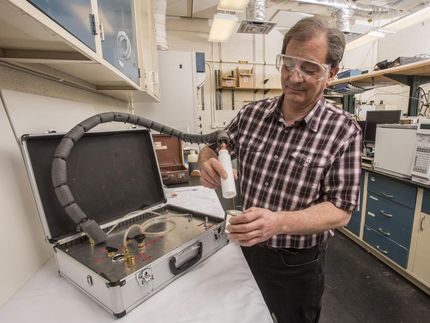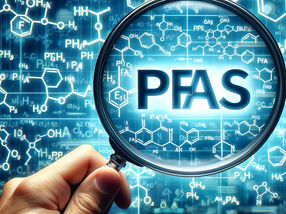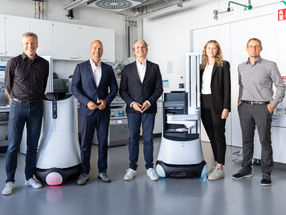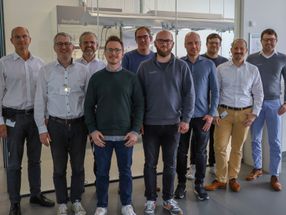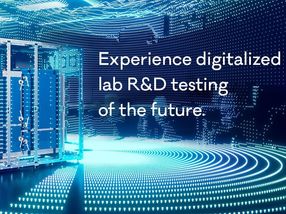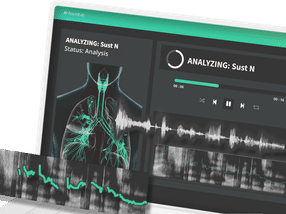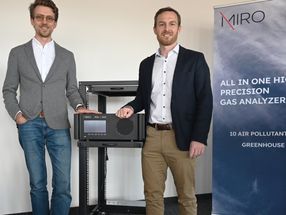Agilent Technologies Publishes Industry’s First Compendium to Test for Synthetic Marijuana Compounds
Agilent Technologies Inc. announced availability of the industry’s first GC/MS compendium to test for synthetic cannabinoids, recently declared controlled substances by the U.S. Drug Enforcement Agency. They are most commonly found in “herbal incense” blends.
The compendium, available from Agilent at no cost to qualified forensics labs, contains detailed procedures for sample preparation and GC/MS method, plus a searchable mass-spectral library to test for 35 synthetic cannabinoids and their derivatives. The method and library were developed in collaboration with the Criminalistics Division of NMS Labs, an independent forensic laboratory certified by the American Board of Forensic Toxicology and the American Society of Crime Laboratory Directors.
“These compounds had not been controlled until November of 2010, when health concerns prompted the DEA to evoke an emergency ban,” said Tom Gluodenis, Ph.D., Agilent forensic and toxicology business manager. “They present a number of analytical challenges. Formulations are rapidly evolving. When one is banned, it can quickly be replaced by a new one. They’re often sold in botanical matrixes as ‘herbal incense’ and other products, which presents additional challenges. We published this compendium to help labs get a handle on this dynamic situation.”
The DEA currently controls six versions of synthetic cannabinoids: JWH-018, JWH-073, JWH-200, CP-47-497 (C7), CP-47-497 (C8) and HU-210. There are more than 20 uncontrolled forms, and this number is expected to grow.
Organizations
Related link
Other news from the department research and development

Get the analytics and lab tech industry in your inbox
By submitting this form you agree that LUMITOS AG will send you the newsletter(s) selected above by email. Your data will not be passed on to third parties. Your data will be stored and processed in accordance with our data protection regulations. LUMITOS may contact you by email for the purpose of advertising or market and opinion surveys. You can revoke your consent at any time without giving reasons to LUMITOS AG, Ernst-Augustin-Str. 2, 12489 Berlin, Germany or by e-mail at revoke@lumitos.com with effect for the future. In addition, each email contains a link to unsubscribe from the corresponding newsletter.
Most read news
More news from our other portals
See the theme worlds for related content
Topic world Gas chromatography
Gas chromatography is an essential method in analytical chemistry for the separation and analysis of volatile compounds. Due to its high resolution and sensitivity, it has become firmly established in areas such as environmental analysis, food chemistry or forensic science. GC provides precise and reliable results and enables deep insights into the chemical composition of samples.

Topic world Gas chromatography
Gas chromatography is an essential method in analytical chemistry for the separation and analysis of volatile compounds. Due to its high resolution and sensitivity, it has become firmly established in areas such as environmental analysis, food chemistry or forensic science. GC provides precise and reliable results and enables deep insights into the chemical composition of samples.
Topic World Mass Spectrometry
Mass spectrometry enables us to detect and identify molecules and reveal their structure. Whether in chemistry, biochemistry or forensics - mass spectrometry opens up unexpected insights into the composition of our world. Immerse yourself in the fascinating world of mass spectrometry!

Topic World Mass Spectrometry
Mass spectrometry enables us to detect and identify molecules and reveal their structure. Whether in chemistry, biochemistry or forensics - mass spectrometry opens up unexpected insights into the composition of our world. Immerse yourself in the fascinating world of mass spectrometry!
